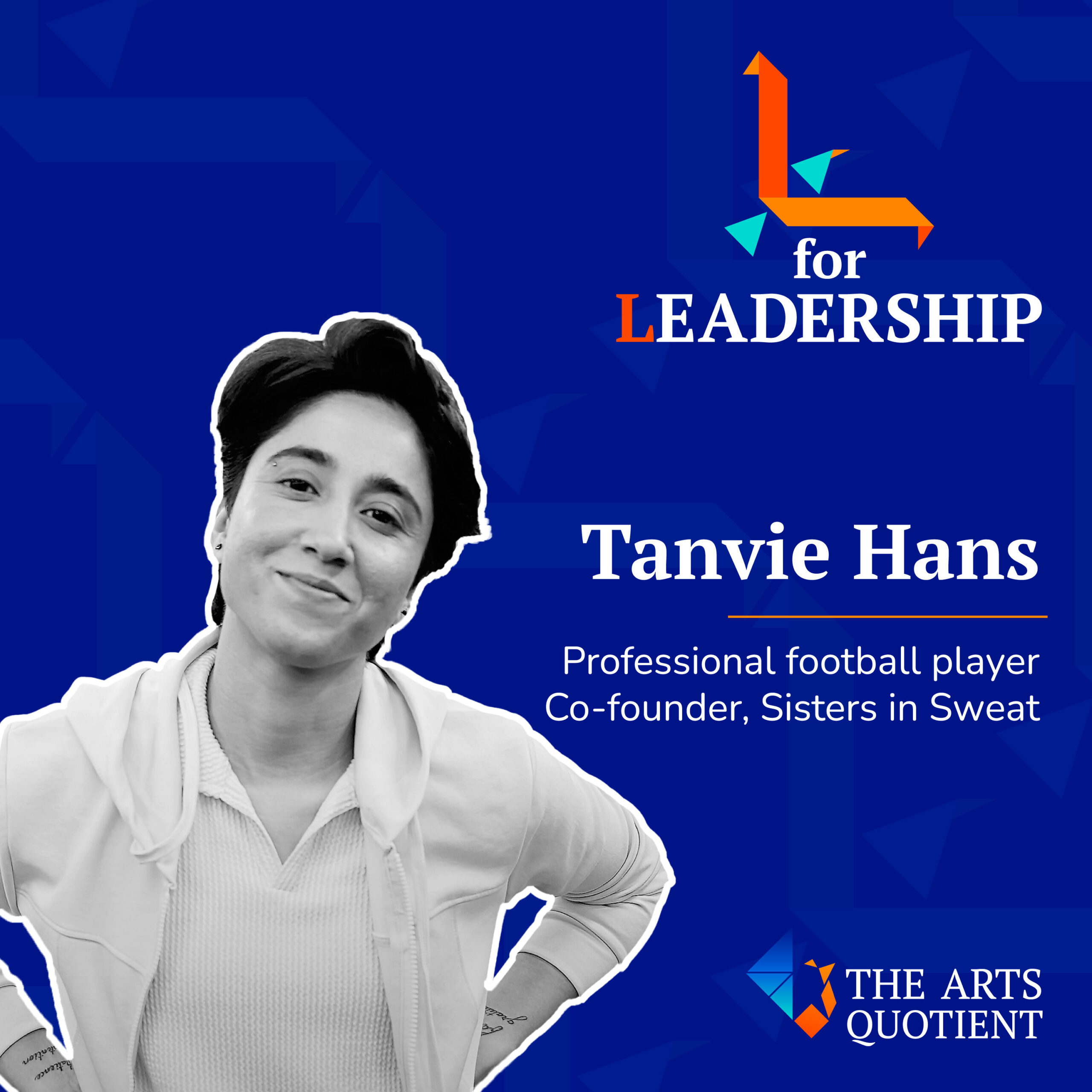“The patterns in music and all of the arts are the keys to learning.” – Plato
Sarah, a junior analyst, is in a panic. She has just been assigned a new role in the marketing department, but she has very little experience in this domain and worries she will fail. Josh, the Chief Marketing Officer, many levels above Sarah, is also flustered about his job. His years of experience seem irrelevant as technological innovations and digital platforms have changed the nature of his work completely.
In our leadership coaching work with executives, we encounter many (across different tenures in their career) who really struggle with this push to remain professionally relevant. We often hear refrains such as “this is not me” or “but it works fine as is” and these professionals experience great stress and fatigue as they grapple with the continuous demand for reinvention. And then, in our other lives as dancers, we encounter artists for whom exploration, experimentation and pushing boundaries is the very source of personal energy. The musicians we work with are all seasoned, reputed artists, successful in their careers. And yet they are curious and find immense joy in the process of mastering something new.
How they embrace this continuous learning zealously offers insights young leaders and managers can apply to become dynamic maestros in their own professional lives. Here are some techniques these musicians use that makes them so dynamic and adaptable:
- Observing
Musicians will tell you they listen and observe as much as they practice. When they have a new piece to master, they first simply experience it in its entirety over and over. They say it gives them a sense of the whole picture while allowing them to catch details. Watching musicians collaborate, you will not typically see much verbal exchange. Instead, they listen very closely to each other sing or play. This seems to help them develop an intuition for the other’s unique style and method. One sitar player mentioned how when he first worked with a western musician and heard him play, it sounded like noise to him. But gradually as he immersed himself into the sound, the music made sense to him.
When faced with new things to learn, our brain typically tends to block out and flee from what we do not understand. In situations like these, emulate musicians keep immersing in the new topic or skill, until it stops sounding like noise.
- Improvising
Musicians know that you can’t play the violin by simply thinking about it. You have to do it, even if it sounds terrible the first time. They play the first note with the faith that it’s only through trial and perseverance that a pathway to mastery will eventually open up. This is akin to what in the business world is referred to as the saying “yes, and” mindset.
The famous Indian classical singer, Pandit Bhimsen Joshi once collaborated with the world-renowned artist MF Husain. Pandit Joshi sang in a highly publicized program while MF Husain painted him. The result of this experiment got many mixed reviews and the painting was sold for approximately $7000 (way lower than what Hussain’s paintings fetch).
Not all experiments succeed, and while it is important to be analytical and measured in one’s decisions and actions, learning new skills requires the courage to take risks. It requires the artist’s belief that in just trying there is the possibility of creating something new.
- Breaking Things Down
Musicians learning a long complex piece will break it down to phrases and notes and master each one. They will then merge them into longer refrains and finally into the long sequence itself. Neuroscience calls this process of learning chunking – breaking down a difficult problem into bite-sized, manageable tasks such that when each one is resolved, they together make a whole. If you have a big task at hand and don’t know where to begin, break it down into smaller tasks. As you keep going down your list of small, manageable tasks, you’ll realize you’ve accomplished quite a bit of your work.
- Practicing
Musicians don’t become good with every performance, but with every practice they do. Even seasoned musicians practice every day, no matter how proficient they are. Practice creates a shorthand between thinking and doing. So, if you want to learn a new business skill, simply practice it repeatedly. To understand a new domain; read about it obsessively.
- Managing Stress
Performers know that knowing your craft is only half the battle won. The performance is what matters at the end of the day. No matter how much you prepare, stage fright is a very real thing – it can completely throw you off your game. Thus, along with learning their craft, musicians learn how to effectively manage stress. They develop rituals and processes (breathing exercises, for example) to calm the inner chatter and panic. Dealing with change in a business context is often worsened by the inner chatter fuelled by insecurity. By learning to manage this distraction, business leaders can propel themselves to focus on building the new capacity with ease.
- Partnering for Personal Excellence
Musicians will strive to find good coaches and collaborators to better their own music. They enjoy the process of listening to and learning from others. In business too, while learning a new capability, flock to those who are experts. Find the whizzes, listen to experts at conferences, or initiate conversations with colleagues who work in the domain. Gradually, you will see your own felicity with the new material improve.
Continuous learning is the superpower of superpowers. In a world that is uncertain, and the nature of our jobs could drastically change at some point, it’s imperative that we continue to learn, enhance and expand our skill base. And continuous learning helps expand our skill set in response to the changing environment and developments.
This article was first published on HBR Ascend.

